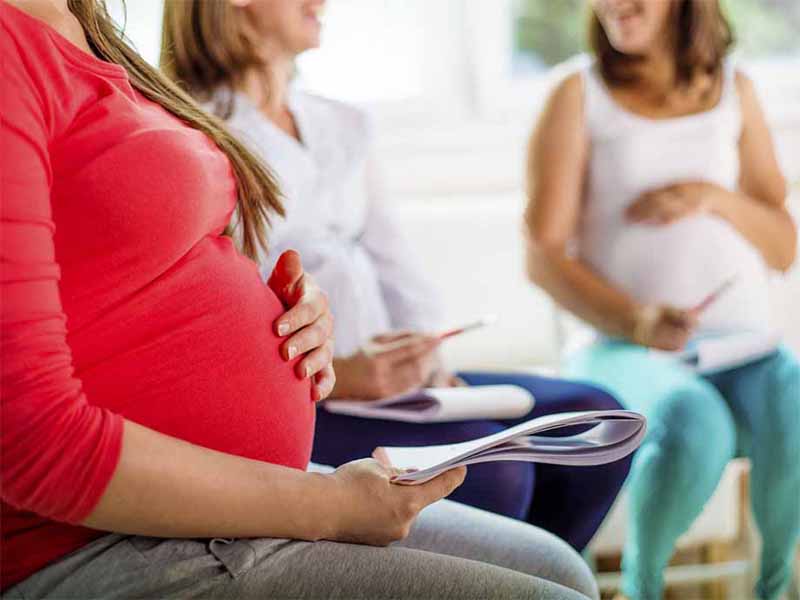Final Recommendation Statement
Screen All Pregnant Women Early for Syphilis, Says USPSTF
September 12, 2018, 03:39 pm News Staff – On Sept. 4, the U.S. Preventive Services Task Force (USPSTF) published a final recommendation statement and final evidence summary on screening for syphilis infection in pregnant women.
The USPSTF examined whether maternal screening helps prevent babies from contracting congenital syphilis and, based on the evidence it reviewed, recommended early screening for syphilis infection in all pregnant women -- an "A" recommendation.
"Screening for and treatment of syphilis in pregnant women is extremely effective in preventing the infection from being passed to the baby," said task force member Melissa Simon, M.D., M.P.H., in a news release. "Treatment is most effective when it is done early, so we strongly recommend that all women be screened as early in their pregnancy as possible."
This final recommendation statement reaffirms the USPSTF's February draft recommendation and its 2009 final recommendation, which the AAFP supported at the time.

Response to Public Comment
A draft version of this final recommendation statement was posted for public comment on the USPSTF website from Feb. 6 to March 5, and the task force said most commenters supported the recommendation statement.
Some commenters asked for clarification on the timing of initial syphilis screening, which the USPSTF said was "as early as possible after the first positive pregnancy test result."
Other commenters asked for more information on the risk factors that would warrant repeated testing.
Although the USPSTF said it found no new research that examined the effectiveness of repeat screening, it pointed out that both the CDC and joint guidelines from the American Academy of Pediatrics (AAP) and the American College of Obstetricians and Gynecologists (ACOG) endorse repeat screening.
"Specifically, these groups recommend that women at high risk for syphilis be rescreened early in the third trimester (at approximately 28 weeks of gestation) and again at delivery," the recommendation noted. "Women at high risk for syphilis infection include those living in communities or geographic areas with higher prevalence of syphilis, those living with HIV and those with a history of incarceration or commercial sex work."
The AAP and ACOG also recommend repeat screening after exposure to an infected partner, the task force said. In addition, the CDC has called for pregnant women who are at high risk to be tested repeatedly; this would include those with a history of syphilis infection or drug use, as well as women who have multiple or concurrent sex partners.
Several commenters suggested other changes for the final recommendation, including endorsement of guidelines from other organizations and discussion of evidence not considered during the draft recommendation evidence review.
The task force said these requests were outside its scope and "not consistent with its methods and processes, and so no changes were made in response."
Finally, some commenters recommended additional citations, which the USPSTF said it reviewed but found they fell short of meeting its inclusion criteria.
Family Physician's Notes
Jennifer Frost, M.D., medical director for the AAFP Health of the Public and Science Division, told AAFP News when the draft version of this recommendation was released in February that testing for syphilis infection in pregnancy is considered standard care.
Prenatal profiles routinely include a syphilis screening test, usually a rapid plasma regain (RPR) test, she said.
"A negative RPR is a negative test," Frost said in February. "A positive RPR indicates the need for confirmatory testing, such as the fluorescent treponemal antibody test. RPR can be positive for reasons other than syphilis, so confirmatory testing is essential for making the diagnosis."
Frost added that women who have not had prenatal testing may be tested when they present to labor and delivery.
Up Next
The AAFP's Commission on Health of the Public and Science plans to review the USPSTF's final recommendation statement and evidence review and determine the Academy's stance on the recommendation.
More From AAFP
American Family Physician: AFP by Topic: Sexually Transmitted Infections